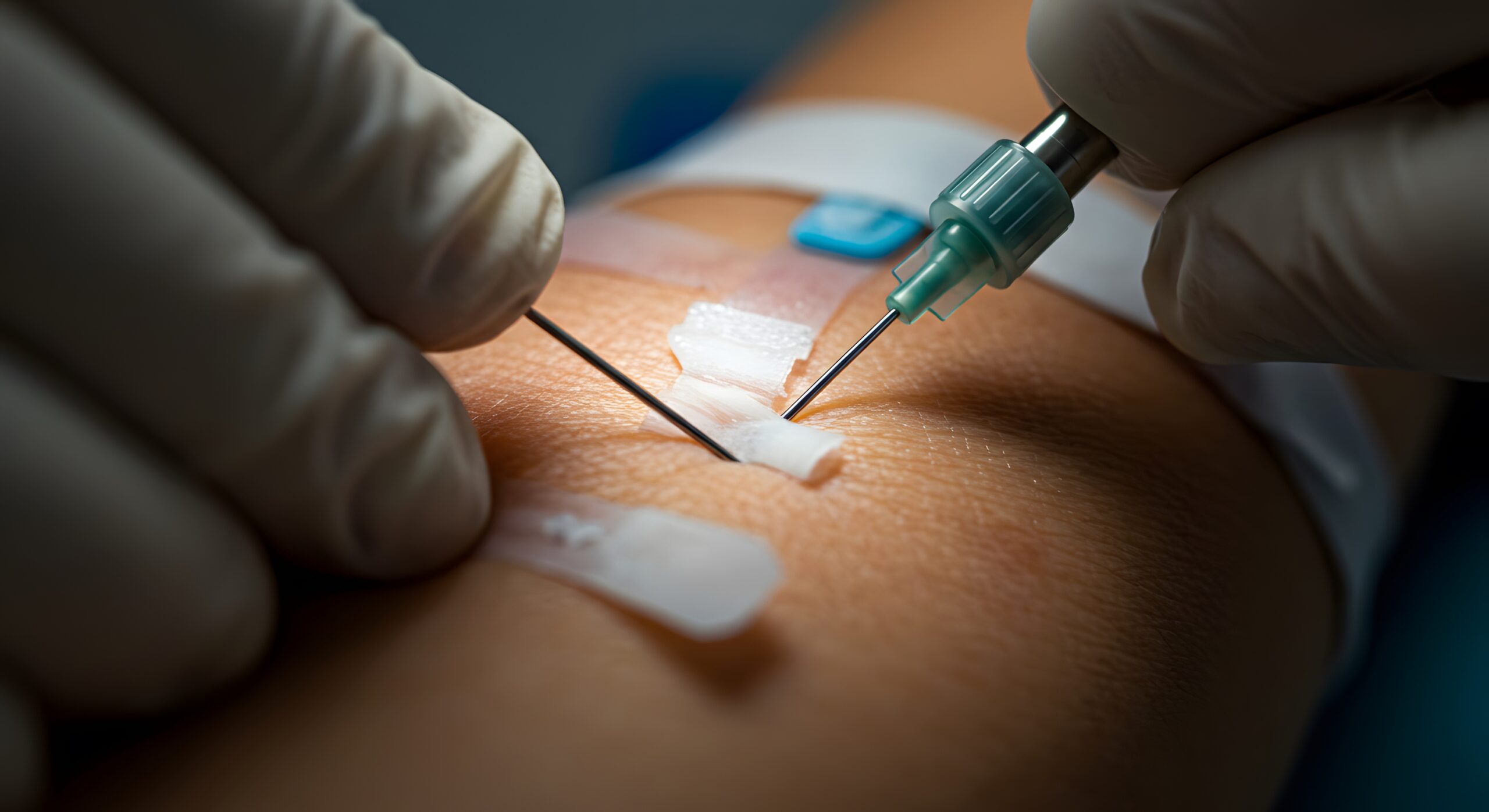Your health is your most valuable asset, and staying ahead of potential issues is key. A platelet count test is a simple but important tool to understand your body’s ability to manage bleeding and clotting. Abnormal platelet counts can signal underlying conditions, including bleeding disorders, that need prompt attention.
In Singapore, health screenings with platelet count tests are widely available, making it easy to take proactive steps for your well-being. Whether you’re addressing symptoms or focusing on prevention, this test provides the clarity and confidence to prioritize your health.
Start your health screening journey today—peace of mind begins with knowledge. Stay healthy and take control of your future.
Understanding Platelet Count Tests
A platelet count test, often included as part of a Full Blood Count (FBC), measures the number of platelets in your blood specimen. Platelets are tiny cell fragments that help your blood clot when you’re injured, preventing excessive bleeding and promoting healing.

The test works by analyzing a small blood sample, typically drawn from a vein in your arm. Laboratory technicians count the platelets alongside other blood components, including red blood cells and white blood cells, to provide a comprehensive picture of your blood health.
The normal platelet count range for adults typically falls between 150,000 to 450,000 platelets per microliter of blood. This range can vary slightly between different laboratories and healthcare facilities in Singapore, but these numbers serve as a general guideline for what’s considered healthy.
When your platelet count falls outside this normal range, it can indicate various health conditions that require further investigation and potential treatment.
Platelet Count and Bleeding Disorders
Abnormal platelet counts are often the first sign of bleeding disorders. Two primary conditions emerge when platelet levels are disrupted:
Thrombocytopenia occurs when your platelet count drops below 150,000 per microliter. This condition makes it difficult for your blood to clot properly, leading to symptoms like easy bruising, frequent nosebleeds, prolonged bleeding from cuts, and small red or purple spots on your skin called petechiae.
Thrombocytosis happens when platelet counts exceed 450,000 per microliter. While having too many platelets might seem beneficial, it actually increases your risk of blood clots forming inappropriately, potentially leading to serious complications like strokes or heart attacks.
Both conditions can significantly impact your quality of life and require medical attention. The symptoms of low platelet counts include excessive bleeding during menstruation, bleeding gums, and fatigue from blood loss. High platelet counts may cause headaches, dizziness, and an increased risk of clot formation.
Platelet count tests serve as a crucial diagnostic tool, helping healthcare providers identify these bleeding disorders early and develop appropriate treatment plans.
Health Screening in Singapore
Singapore’s healthcare system emphasizes preventive care, making regular health screenings accessible and affordable for residents. At clinics like Mediway Medical, we prioritize comprehensive health assessments that include platelet count testing as part of routine screening protocols.

Regular health screenings become particularly important as we age or if we have family histories of bleeding disorders. Many Singaporeans discover platelet abnormalities during routine employment medical examinations or annual health checks, highlighting the value of consistent monitoring.
Booking a platelet count test in Singapore is straightforward. You can visit your family doctor, schedule an appointment at a clinic like ours, or include it as part of a comprehensive health screening package.
The process is quick, typically taking just a few minutes for blood collection, while the turnaround time for your results depends on how comprehensive the tests are.
When to Get a Platelet Count Test
A platelet count test is important for diagnosing certain symptoms and conditions in cancer haematology. Unexplained bruising, especially if bruises appear without trauma or seem unusually large, may indicate low platelet levels.
Prolonged bleeding from minor cuts, frequent nosebleeds, or heavy, extended menstrual periods are also warning signs. Fatigue or weakness can result from chronic low-level bleeding caused by platelet disorders.
If you’re on medications like blood thinners or certain antibiotics that affect platelet function, regular monitoring is essential. A family history of bleeding disorders, blood-related conditions, or cancer haematology issues also increases your risk, making preventive screening valuable.
Early detection through routine blood tests can catch problems early, allowing timely treatment and better health outcomes.
Interpreting Platelet Count Test Results
Understanding your platelet count results empowers you to make informed decisions about your health. Low platelet counts below 150,000 per microliter may indicate conditions like immune thrombocytopenic purpura, certain infections, or medication side effects.

Moderately high counts between 450,000 and 1,000,000 per microliter might suggest inflammation, infection, or early stages of blood disorders. Extremely high counts above 1,000,000 per microliter require immediate medical attention due to increased clotting risks.
When you receive abnormal results, don’t panic. Your healthcare provider will consider your symptoms, medical history, and other blood test components, including red blood cells and white blood cells, to determine the underlying cause and appropriate next steps.
Follow-up testing may be necessary to confirm results or monitor changes over time. Sometimes, factors like dehydration, recent illness, or even the timing of blood collection can temporarily affect platelet counts.
Treatment and Management
Treatment for abnormal platelet counts depends on the underlying cause and severity of the condition. For mild thrombocytopenia, monitoring and lifestyle modifications may be sufficient, while severe cases might require medications or more intensive interventions.
Medications can help increase platelet production or suppress immune responses that destroy platelets. In severe cases, treatments like platelet transfusions or procedures to remove excess platelets may be necessary.
Lifestyle changes play a crucial role in managing platelet disorders. Avoiding activities with high injury risk, maintaining good nutrition, staying hydrated, and managing stress can all contribute to better platelet health. Regular exercise, when appropriate for your condition, helps maintain overall cardiovascular health and proper blood circulation.
Working closely with your healthcare team ensures optimal management of your condition and helps prevent complications.
Taking Charge of Your Health
Understanding platelet count tests empowers you to take proactive steps toward better health. These simple blood tests provide valuable insights into your body’s clotting ability and can detect serious conditions before they become life-threatening.
At Mediway Medical, we believe that “Where Your Health Matters” isn’t just our motto—it’s our commitment to providing comprehensive healthcare services that keep you informed and healthy. Our health screening services are designed to give you the knowledge and insights needed to make informed decisions about your well-being.
Don’t wait for symptoms to appear. Regular health screenings, including platelet count tests, are investments in your future health. If you’re experiencing any concerning symptoms or simply want to stay proactive about your health, I encourage you to schedule a consultation. Early detection and proper management can make all the difference in maintaining your quality of life and preventing serious complications.









